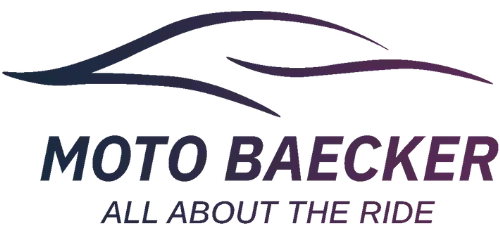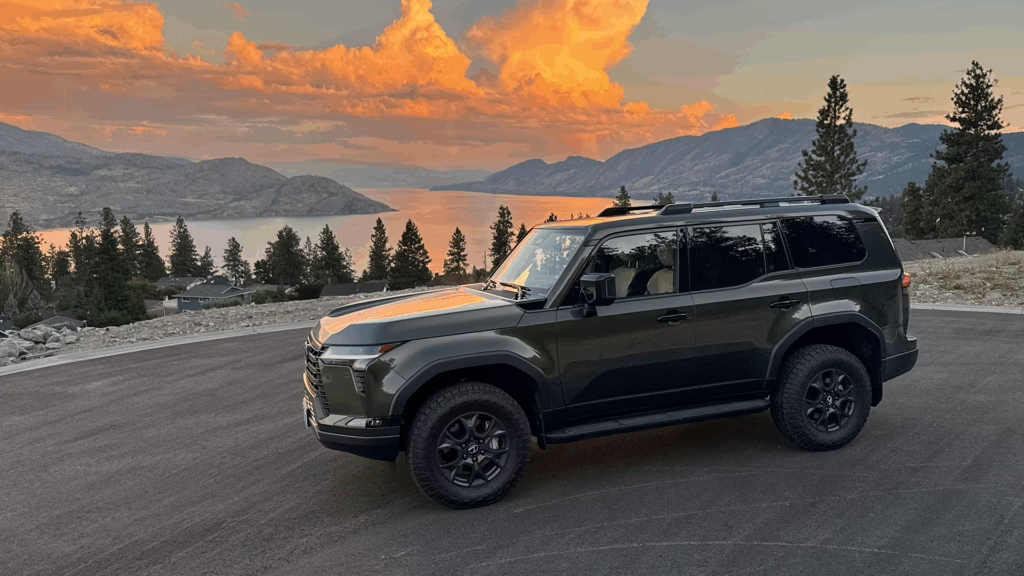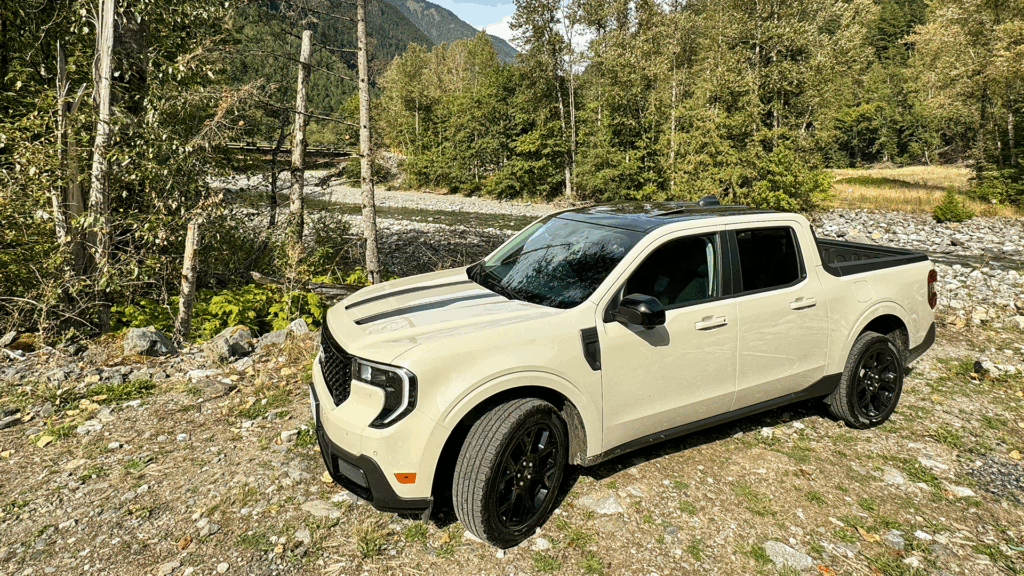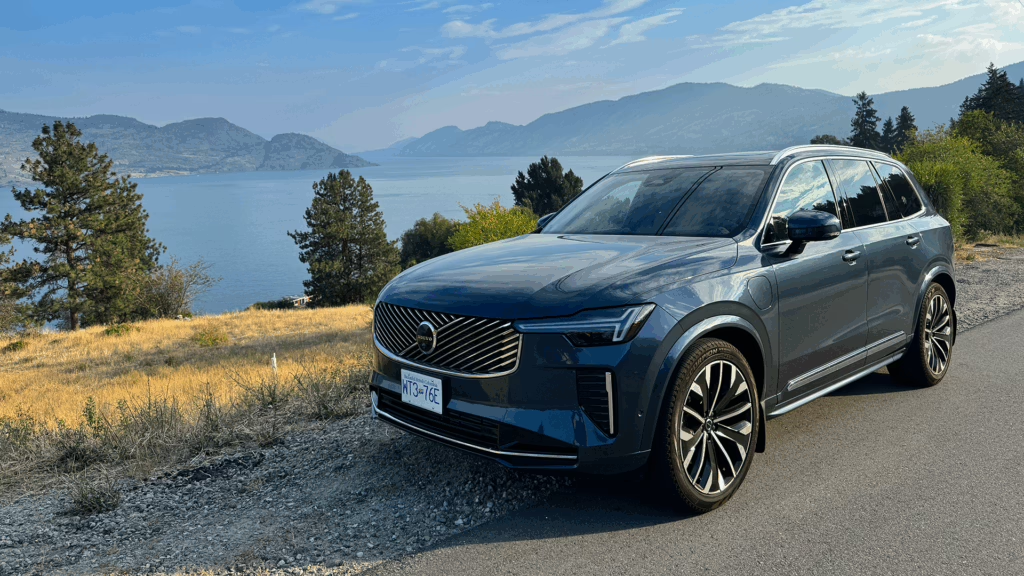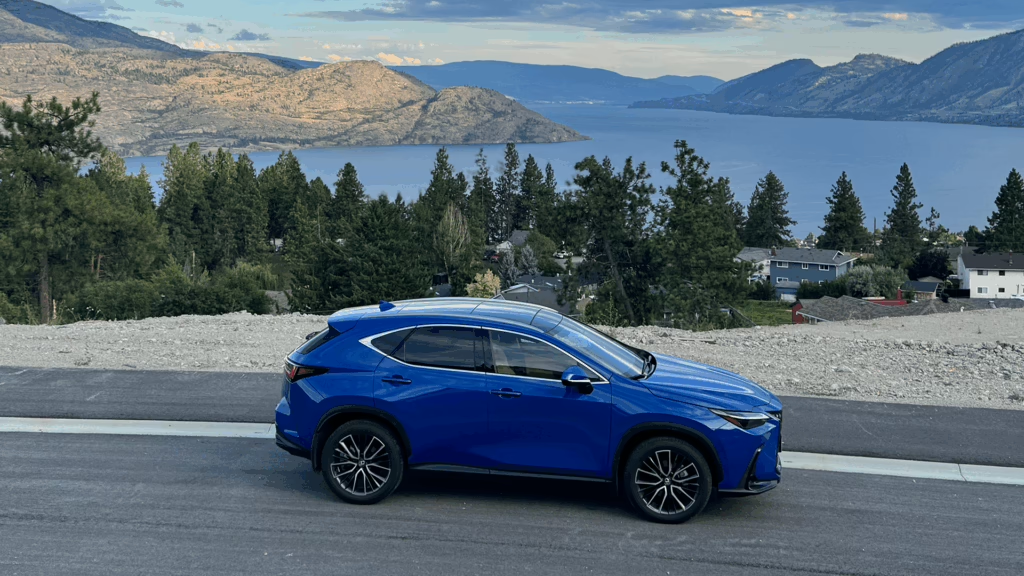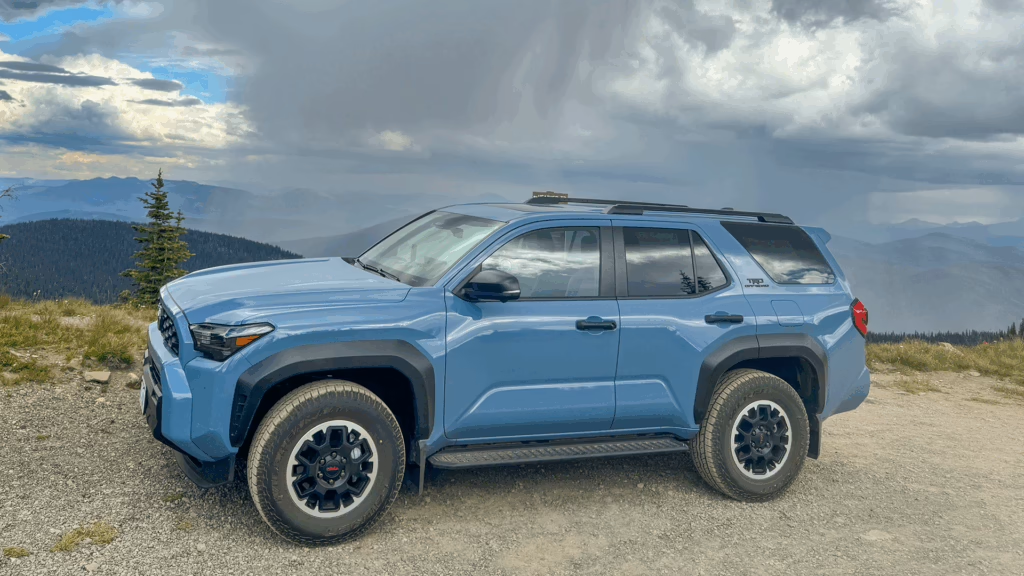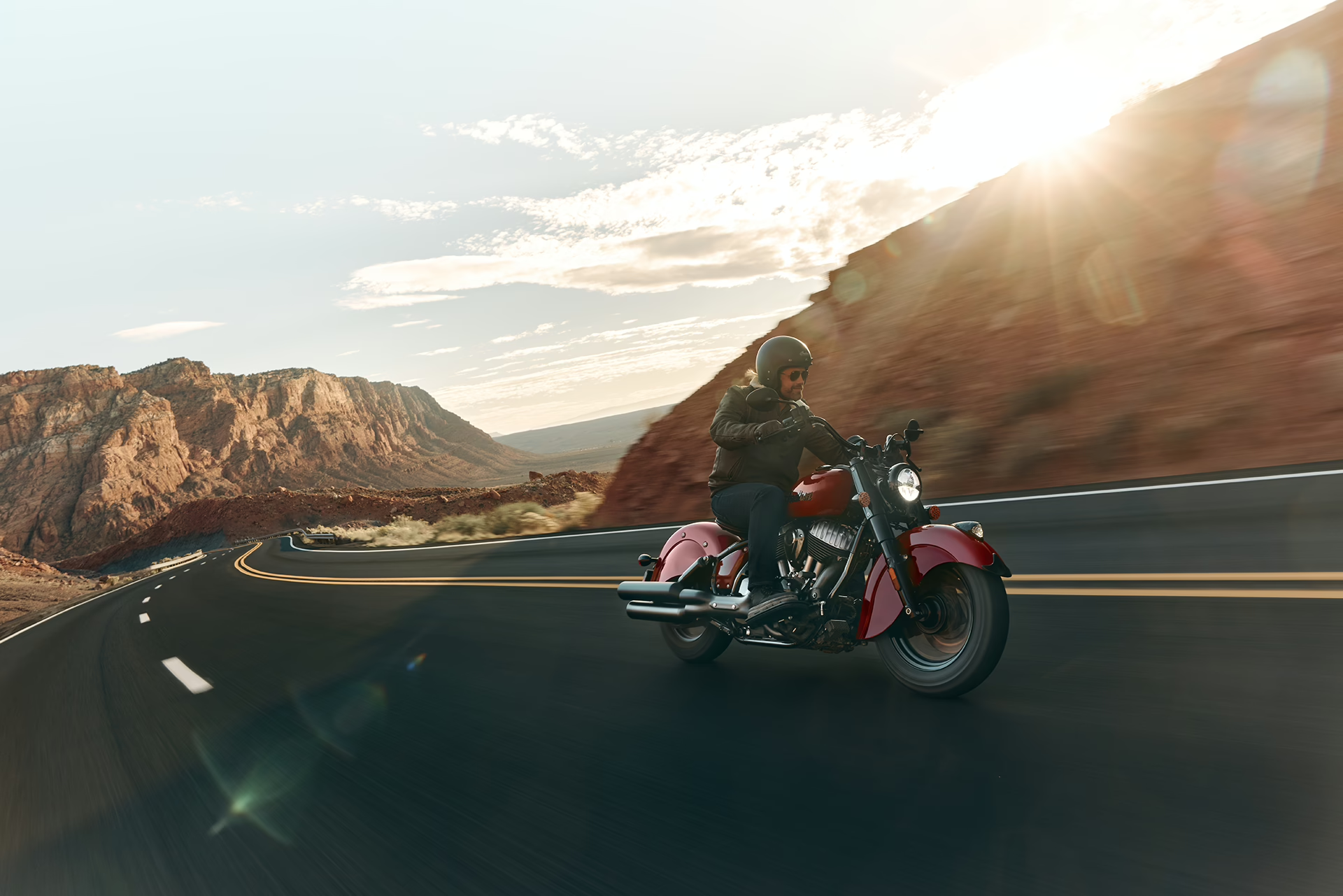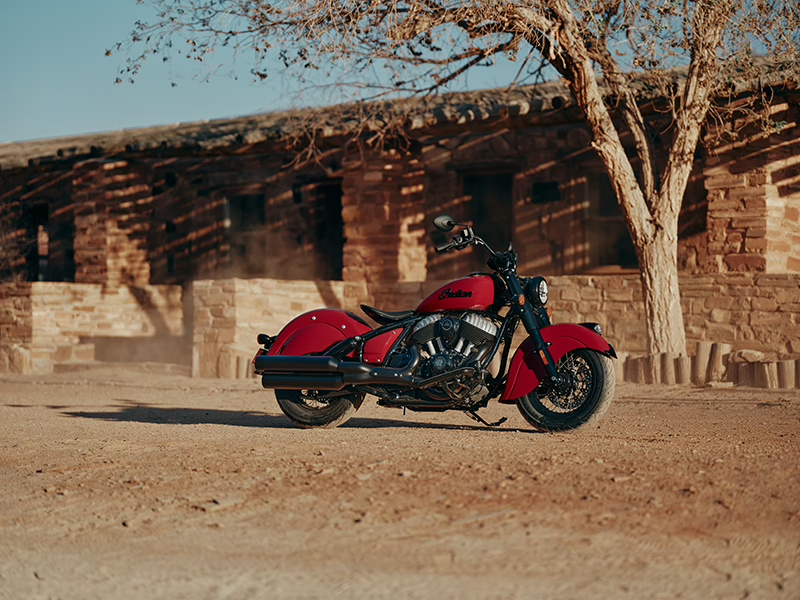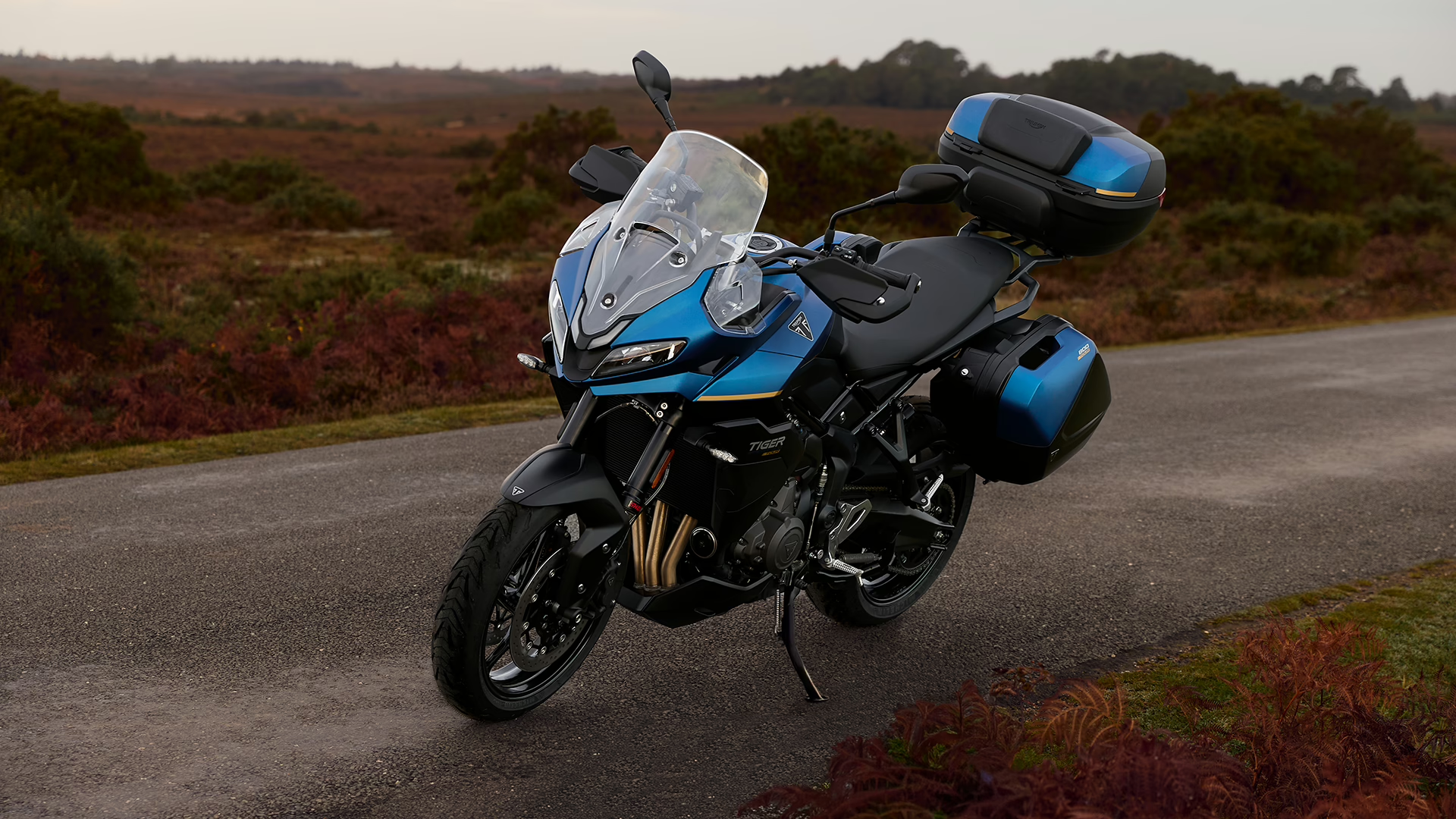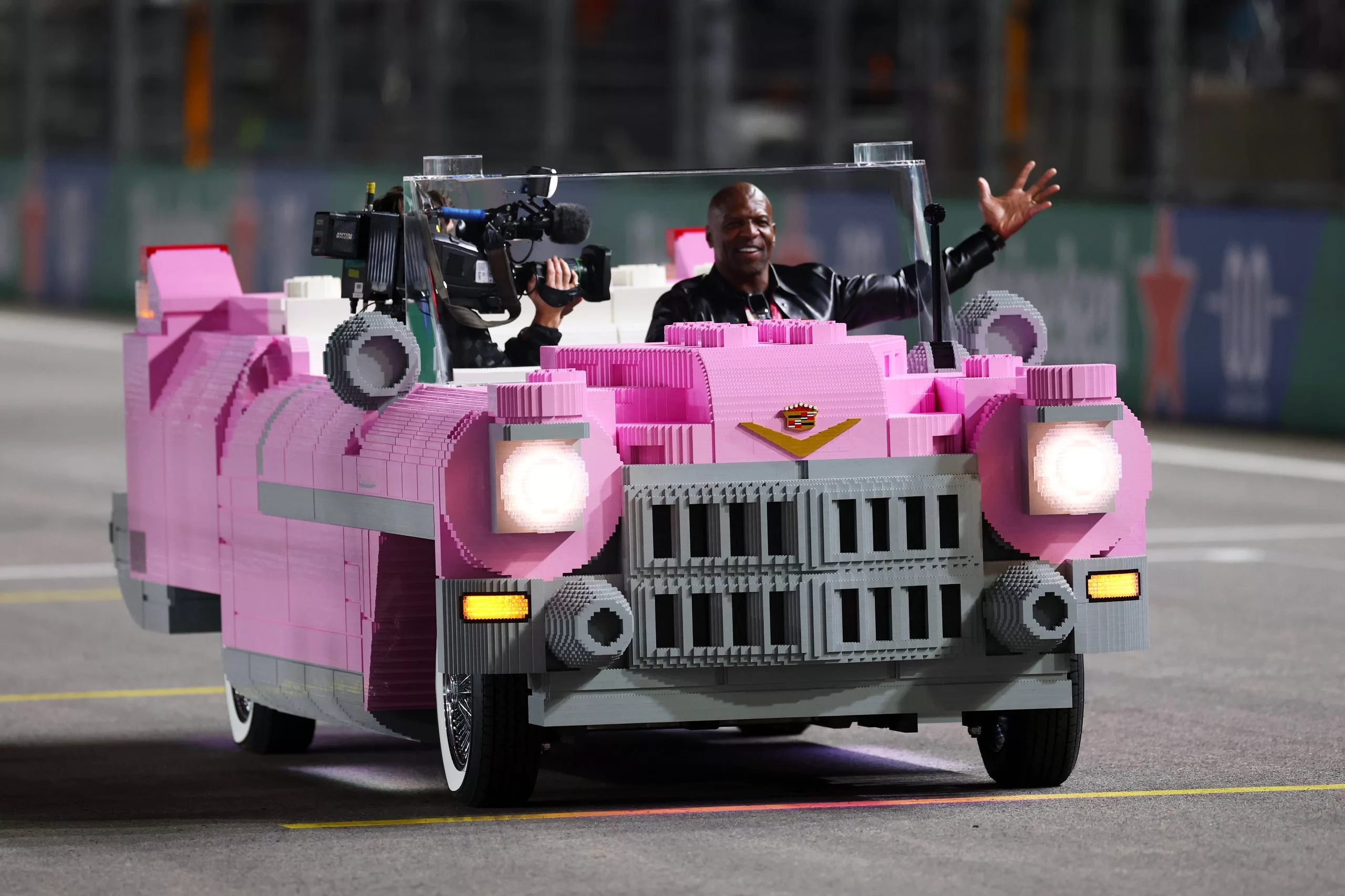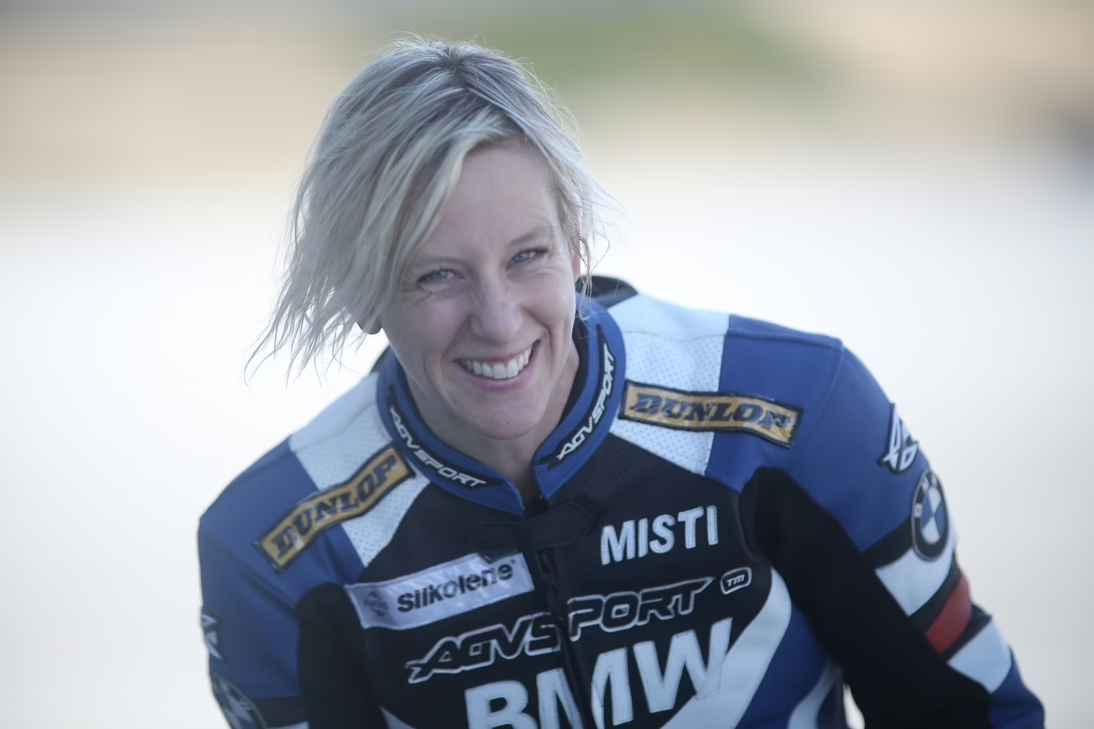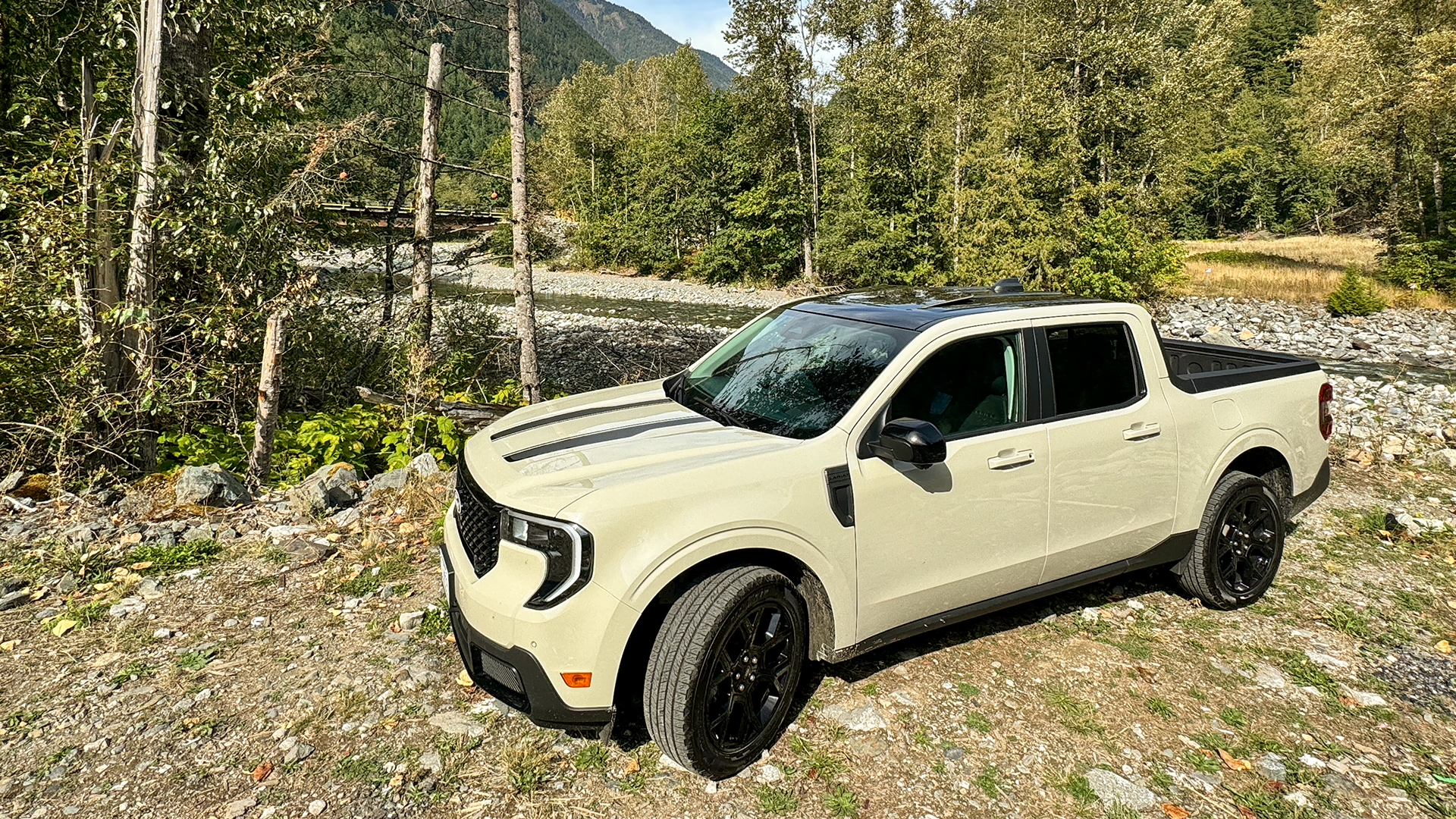
“I want to be a rock star.” “I want to be in movies.” “I want to play in the NHL.” All statements that we have said, dreamt about or heard one of our friends say. All three are attainable but require a lifetime of training, perseverance, family support and a whole lot of money at your disposal while you reach for those stars. For one Vancouver Island man, his dream was a goal that began when he was nineteen. Now in his fifties and four attempts in six years, completing the Dakar Rally on a motorcycle has become Duncan resident, Don Hatton’s, mission.
The annual Dakar is a grueling 15 day, 6,000 km off-road journey, averaging 600 – 700 km taking about 14 hours per day, open to motorbikes, quads, cars and trucks all blazing a trail alongside one another and 70% of entrants don’t finish. Approximately 4.5 million people attend over the duration of the event. The broadcast draws in about one billion viewers.
Each year, the event draws the hopefuls who have been dreaming about the finish line. Some complete the race, most do not and some give their lives trying. The 2012 race claimed the life of three spectators and one motorcycle rider.
“About six years ago I was going through the normal [January] ritual and I think my wife, who had had enough of it said, ‘Why don’t you do it and quit talking about it’,” states Hatton in a phone interview.
As an insurance broker, Hatton knows all about risk. When he first made the decision to compete, by his own admission, he was overweight and out of shape but decided he was going to go for his goal. He began extensive training, lost weight, gained strength, packed up his wife and boarded a plane for Lisbon, Portgual for the 2008 Dakar Rally only to be greeted with disappointment as terrorists affiliated with Al-Qaeda had made direct threats to the event and its participants forcing organizers to cancel what would have been the 30th annual rally, the day before it was to begin.
Having to return home without even having been able to start the race, wasn’t sitting well with Hatton and that same year he returned to Europe and competed in a rally in Morocco “finished respectable” fourth place in his class despite being lost for two and half hours in the Sahara.
In the same year, he also raced in Dubai where he “did really well, learned a lot about navigation” and had now set his sights once again on the Dakar which had relocated to South America.
 Competing in Dakar is not an easy feat. Each year costs an estimated $100K per individual and the effort requires a team of support. In 2009, Hatton and his support crew were the first ever fully independent Canadian team to compete. This effort raised the cost an additional $125K. The team consisted of a support truck, two mechanics, two riders, a manager, a cameraman, and more.
Competing in Dakar is not an easy feat. Each year costs an estimated $100K per individual and the effort requires a team of support. In 2009, Hatton and his support crew were the first ever fully independent Canadian team to compete. This effort raised the cost an additional $125K. The team consisted of a support truck, two mechanics, two riders, a manager, a cameraman, and more.
During the fourth stage of the race, Hatton says he “was doing well really however, there was a mistake in the road book or I missed it, I really can’t tell you which, but I would say it was more of mistake in the road book” and while travelling at about 140 – 150 km per hour, Hatton was launched 35 feet into the air and about 65 feet of distance on an unexpected jump.
As his bike returned to ground, the front wheel buckled catapulting Hatton off the bike and into the ground. He was told he had been lying unconscious on the course for approximately two hours before a helicopter came in and rescued him. After seven days in intensive care in Argentina, several broken ribs, a broken sternum, two separated shoulders, lacerated lungs and absolutely no memory of the incident, Hatton returned home to Vancouver Island defeated and “pretty beat up.”
“I’m lucky I don’t remember it because it didn’t scare me off of rallies,” says Hatton.

“I healed and decided to really focus my attention on rallying,” he continues. “So for the last four years, I have been hitting two to four professional rallies a year.”
His 2010 Dakar effort wouldn’t get any easier after battling food poisoning heading into the race.
“The first night of the rally I got violently ill. I was riding, vomiting, the whole bit. Every night I came they would hook me up to intravenous,” recalls Hatton.
After four days, bad fuel ended his race for another year and finances would force him to take a year off.
When I asked Hatton what his dream bike would be he laughs and says “One that someone else is paying for.”
In 2010, Hatton received a letter from KTM offering him the opportunity to ride a KTM 690 Rally – a bike not easily attainable by riders. At the time of the offer, there were only two in North America.
KTM had a dominant hold on the success of motorcycles in the Dakar Rally and organizers would try to find ways to open the doors for other manufacturers. By 2012, Dakar would restrict the cc of the bikes to 450cc model motorcycles only and Hatton surmises this was their solution.
In 2012, Hatton had his sights set on being the first 100% Canadian bike team to complete the Dakar Rally. At 53 years of age and after several failed attempts, his knowledge and passion were growing but his luck was not.
Weeks before departing for South America, Hatton was loading hay on his farm when one bale (weighing about 2000 lbs.) came loose and pinned him tearing muscles in his shoulders and back and ending his 2012 experience before it even began.
Already accepted for 2013, this year marks the 35th year of the race, the 5th in South America and the route is backwards starting in Lima Peru and wrapping up in Santiago Chile after a ride through the Argentinian Andes.
“It’s going to be a tough one this year,” says Hatton. “The first part of the rally is all sand and sand dunes so it is going to be a challenge.”
